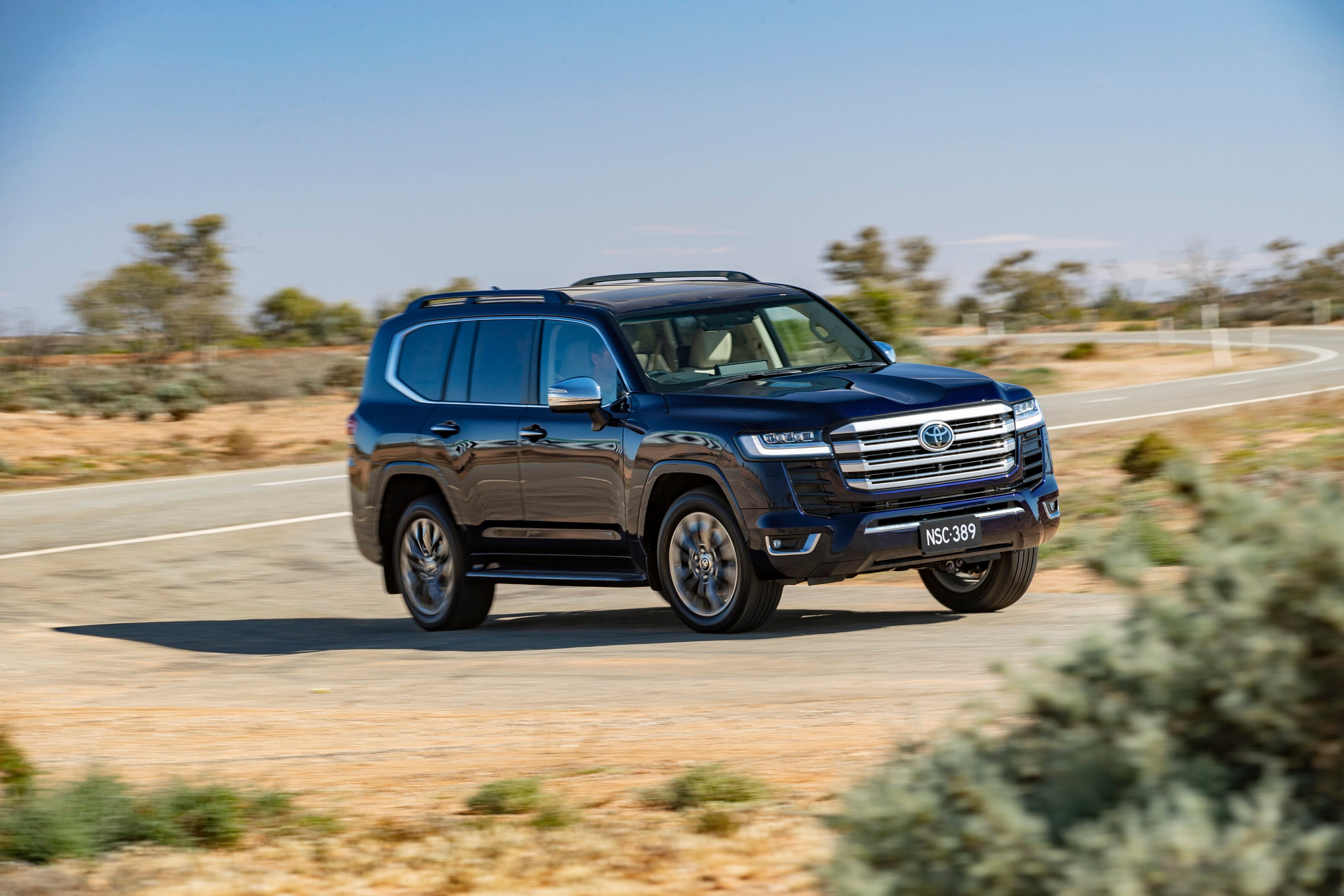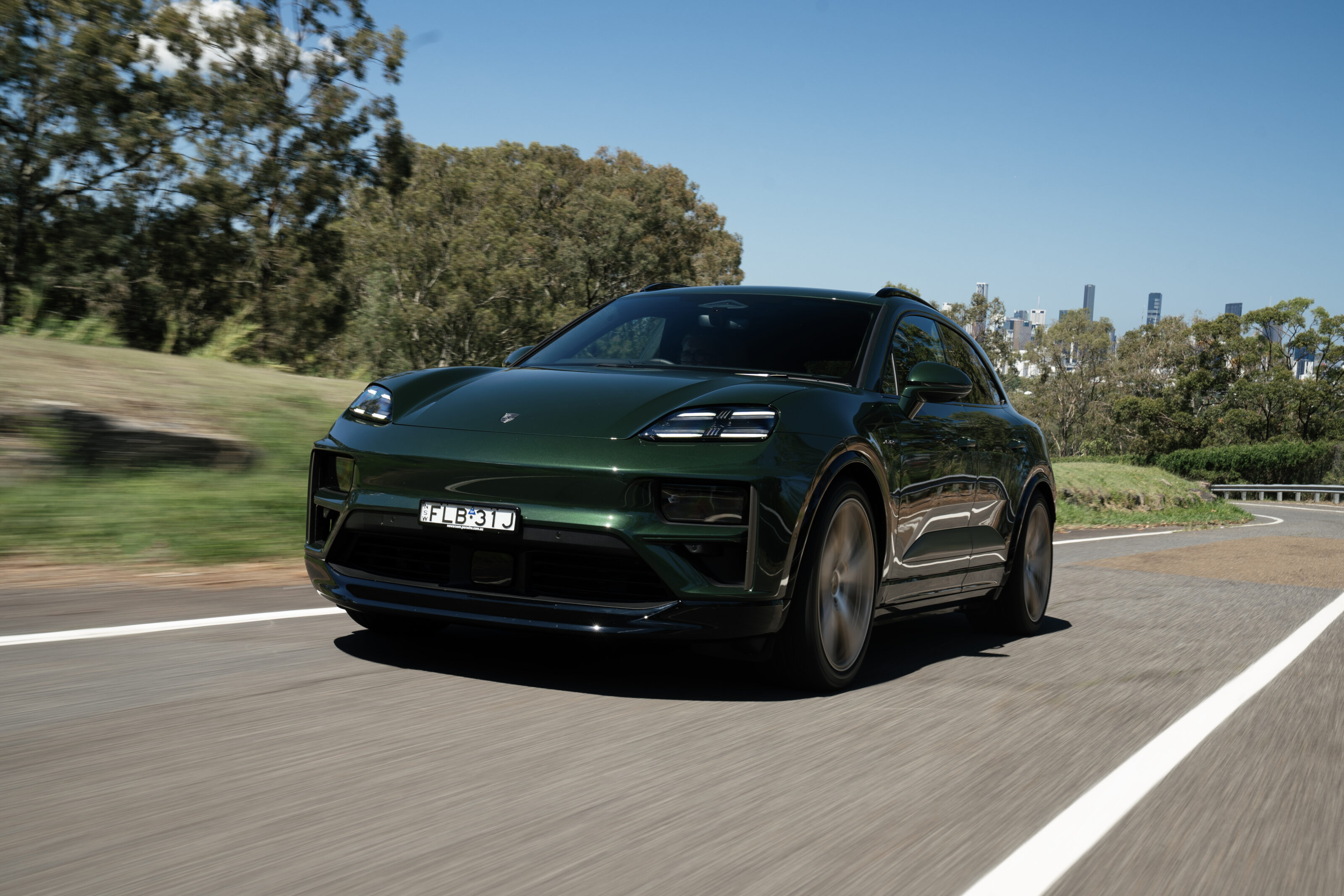The Albanese government is exploring a gradual reduction of the Luxury Car Tax (LCT) rather than an outright abolition, aiming to protect the resale value of high-end vehicles and maintain market stability.
This strategy has gained traction amid ongoing free trade negotiations with the European Union, as well as shifting trends in Australia’s automotive market, according to a report in The Australian.
The LCT currently imposes a 33 per cent levy on vehicles priced above specific thresholds – $91,387 for fuel-efficient cars and $80,567 for others. For example, a Toyota LandCruiser 300, which dominated 62 per cent of the large SUV segment in 2024, attracts over $10,000 in LCT and more than $11,000 in GST, pushing its drive-away price past $133,000.
Dealers and manufacturers have expressed concern that a sudden removal of this tax could significantly harm resale values for vehicles already on the road.

Trade Minister Don Farrell’s office has been in renewed discussions following reports that the government is weighing the removal of the tax. While removing the LCT entirely could bolster international relations –especially with the EU – the government insists it will only do so if European nations provide meaningful market access for Australian farmers, a sticking point in past negotiations.
The luxury car tax has also emerged as a diplomatic lever in dealing with potential US trade tariffs if Donald Trump regains the presidency. Roughly 40 per cent of the $1.2 billion in annual LCT revenue comes from European vehicle sales, compared to under 20 per cent from US imports.

Industry stakeholders including the Australian Automotive Dealer Association and the Federal Chamber of Automotive Industries advocate for a phased removal. CEO James Voortman stated the tax has outlived its original purpose – protecting a now-defunct domestic car industry – and emphasized the need to consider current vehicle owners.
“We fully support removing the LCT,” Voortman told the paper, “but we must consider consumers who’ve already purchased vehicles and the potential impact on resale values.”
Meanwhile, Treasurer Jim Chalmers is evaluating a road user charge to offset declining fuel excise revenues and the eventual LCT wind-down. A Treasury taskforce has been established, although progress has been slow following legal setbacks to similar state-level charges.
As free trade talks resume, with the EU urging Australia to finalize an agreement, the phased approach to eliminating the LCT appears increasingly likely – balancing economic diplomacy, consumer protection, and evolving automotive trends.




